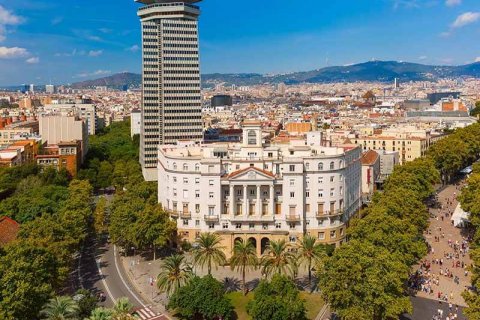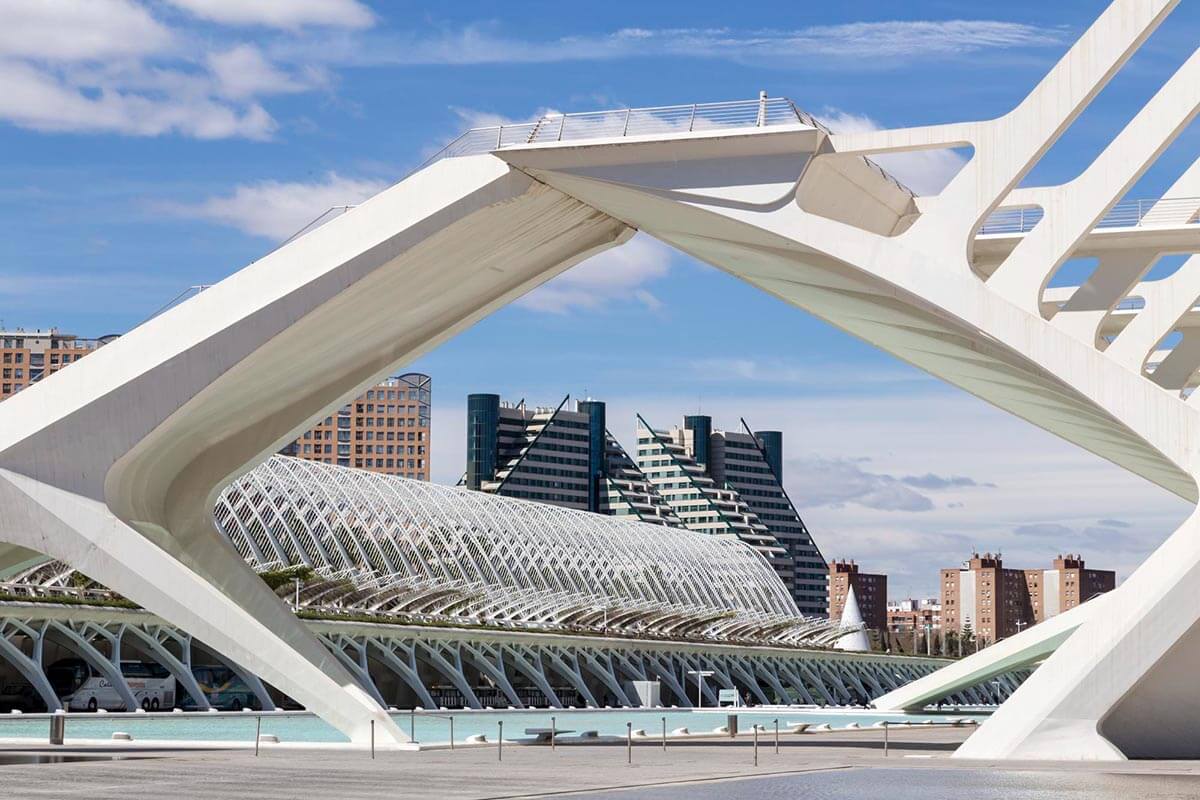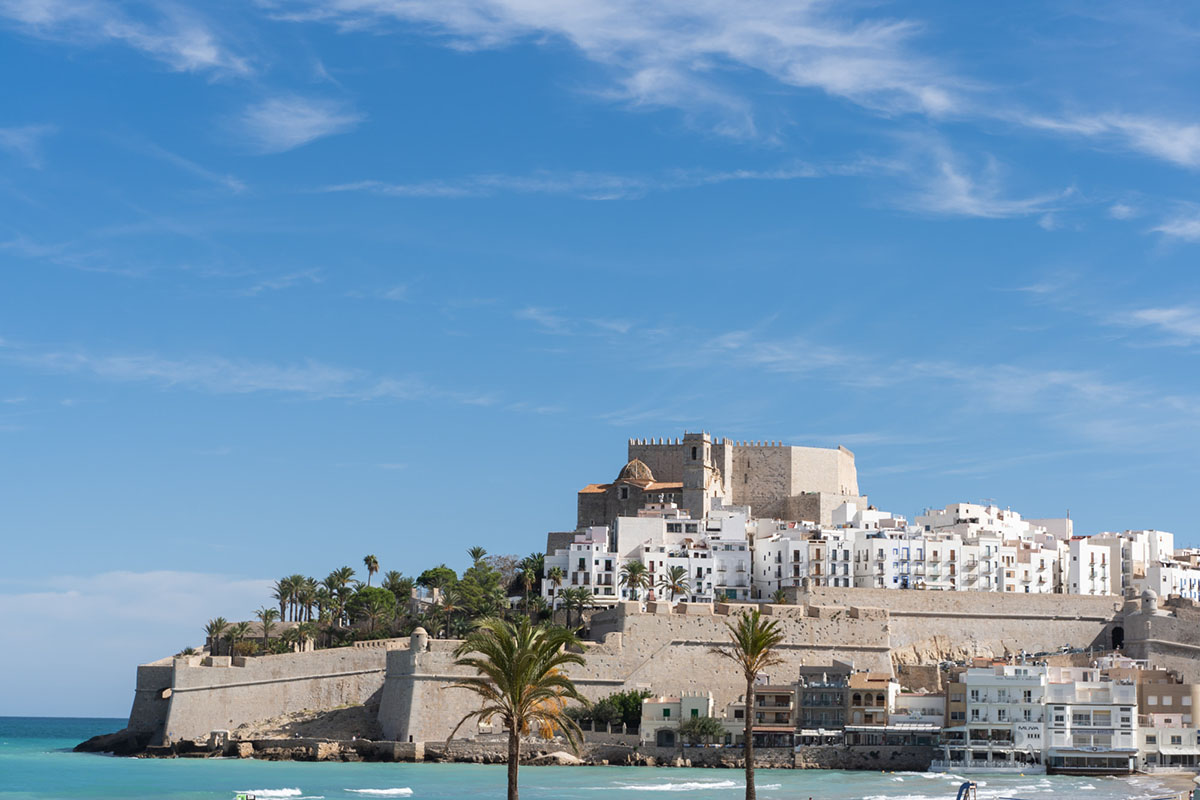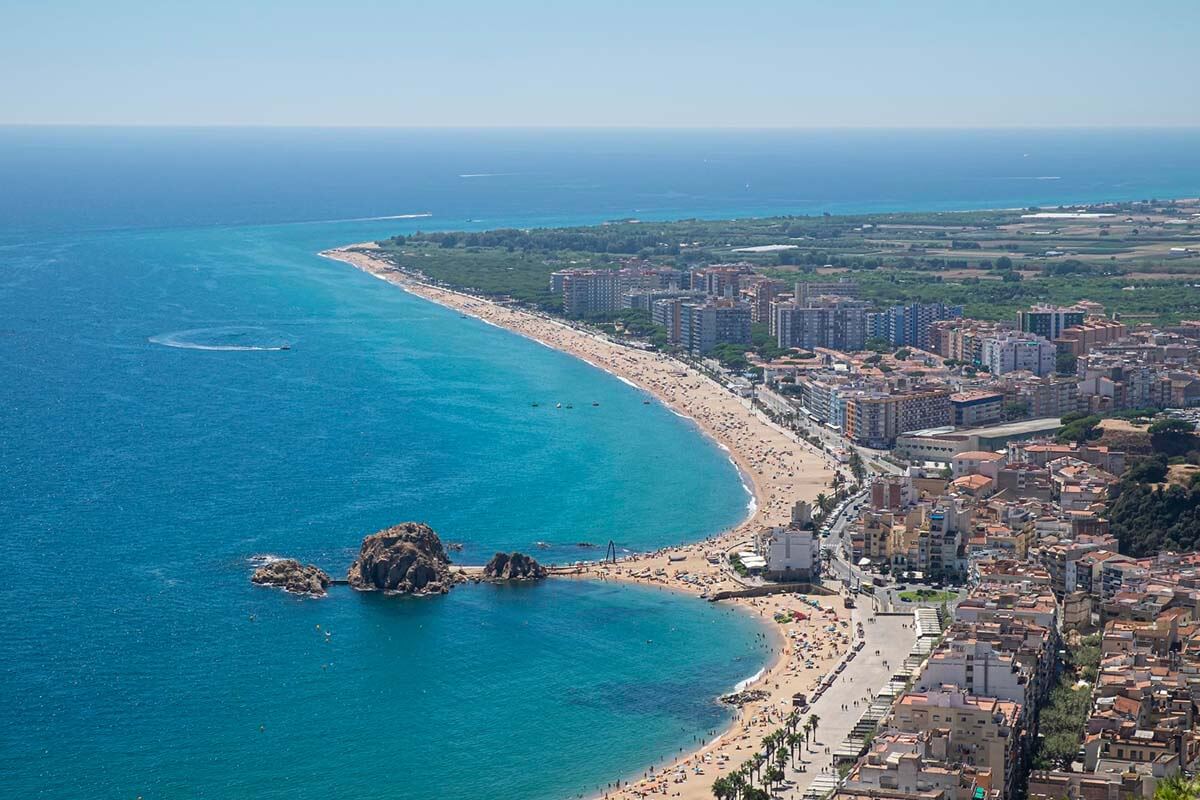
Buying a property is a complex process, especially if the real estate unit is located overseas. If you want to buy property in Spain, be prepared for the fact that almost all transactions are performed with the help of realtors, and contracts for expensive properties in popular resort regions are accompanied by lawyers. Moreover, both the seller and the buyer use the services of real estate agents. This is understandable, as in such cases, precautions are not superfluous. Here is a list of what you need to check before signing a contract to purchase an apartment or house in Spain.
Content:
- 1. Documents
- 2. Personal Inspection
- 3. Expert Evaluation
- 4. Property Evaluation
- 5. Debts for an Apartment
- 6. Taxes
1. Documents
The most important thing that needs to be verified is the real estate documents. Usually, these issues are handled by a realtor, as well as a notary, to which the parties come to sign the final contract and formalise the transfer of ownership.
Before the last document is drawn up by a notary, it is imperative that you ask the seller to provide the following documents for you to study:
- Nota Simple. This is a certificate of ownership. The document indicates the person who owns the property and on what basis the seller received the right to own the property. It is important to verify the data of the seller and the owner, as the Spaniards often sell the housing of deceased relatives without the registration of the right of inheritance. Discrepancies are not irreversible, but mistakes will add a couple of months to the ownership transfer process.
- Energy Efficiency Certification. This shows the condition of the wiring and whether it needs to be changed. If there are no energy connections yet, then the buyer needs to clarify whether it is possible to have electricity on this property.
- License for Tourist/Long-Term Lease. If you’re going to rent the property out and receive money for rent, the property must have the appropriate permission from the municipal authorities. The license passes along with the ownership right and can be one of two types: short-term or long-term leases. The license is not expensive, but a problem can occur in the case of there being no such license. It will then take from several months up to a year and a half to wait for permission, depending on the region and the business of the inspection bodies.
- Information from the Cadastral Register. A request to the cadastral register will help you to avoid many problems. The register may contain information about whether you could become the owner of the land on which the house is built when it comes to purchasing an apartment in Spain. Restrictions regarding the land can also be indicated here. For example, you can discover if it is possible to build a pool and what size house can be built on this site. The register also indicates whether the property is planned for demolishion.
It is important to not just obtain these papers but to study the contents carefully, preferably together with a lawyer or realtor.

2. Personal Inspection
It is advisable to come to the country and inspect the property in person before buying an apartment in Spain. Inspection steps include:
- Entering the property and studying it carefully;
- Paying attention to the view from windows;
- Walking around the area, and taking note of the cleanliness of the streets;
- Finding the nearest stores and public transport stops;
- Trying to become acquainted with your future neighbours.
This approach to buying a property will allow you to select the perfect property for your living or the most profitable housing for rental. When buying a detached house, it is also worth driving around the neighborhood by vehicle to estimate the distance to hospitals, shops, and other important facilities.
3. Expert Evaluation
This point is more about private villas in Spain. Often, people come to experts when buying secondary real estate. Buyers can request two types of reports:
- A current repair report: this is an external inspection of the premises by an expert without the use of specialised equipment. The report will indicate if the floors or wallpaper need to be changed, if there are any signs of moisture, etc.;
- A full report: such a report includes information on all the details, from the real estate unit’s operations and its elements to data on cosmetic repairs.
The cost of such an examination ranges from a couple of hundred to a couple of thousand euros. The data obtained can be used during the course of further discussions regarding the property’s value.
When buying a newly built property, expert evaluation is usually not performed. It is unnecessary, as there are high construction standards in Spain, and the quality of new housing in the country is of the best.

4. Property Evaluation
In the case of a mortgage loan, a conclusion on the property assessment is required. Moreover, each bank works only with its in-house experts, so buyers try to choose the experts with the widest list of cooperating banks. After all, you never know which of them will approve your mortgage application, and which one will refuse.
When purchasing real estate for cash, the buyer may not order an assessment.
5. Debts for an Apartment
Ask the previous owner to show utility bills. This will help you find out if the seller has any debts to the utility companies or the housing association. The bills will also help you get a rough idea of how much you will have to pay monthly.
Check out the following services:
- electricity;
- water supply and sewerage;
- gas (not in all houses);
- internet;
- TV;
- phone.
Ask the seller to show you the tax receipts:
- tax from the association of tenants / residential communities in Spain;
- annual property tax (IBI).
If the fee for the current year is not paid, the seller can transfer the required amount to the buyer, so that the buyer then has to pay it.

6. Taxes
When planning a purchase, you should find out about all the fees that must be paid when buying a property, and then pay the required fees annually. The fact is that the Spanish government levies taxes on real estate purchasing, including from foreigners.
When buying a property, the buyer must pay:
- VAT (apartments in new buildings in Spain, 10% of the purchase amount, resale property - 7%, houses - 7% when buying from a private person and 21% when buying from a company).
- Stamp duty. Its amount depends on the region and is 0.1-0.25% of the purchase amount.
Annual taxes for non-residents include:
- Property tax;
- Garbage collection tax;
- Tax from the association of tenants or residential community;
- Non-resident tax: for all persons excluding residents of Spain;
- Wealth tax: for properties that cost more than €700 000.
It is impossible to give exact figures for all state fees since these are calculated as a percentage of the property cost. A realtor will help you with all the calculations for a specific property.
